Former child actor Tracey Gold, known for her role as teenager Carol Seaver on the '80s sitcom Growing Pains, reflected on her time working on the show and revealed that it wasn't all great memories.
The 55-year-old appeared on the Let's Be Clear With Shannen Doherty podcast and opened up about her experiences on Growing Pains that eventually led to her struggle with anorexia.
Gold got her major breakthrough when she was cast in the show and admitted she was nervous at first because she’d "never done comedy before."
However, she recalled the "first few years" were a "great, fun experience," and that the cast, which included Kirk Cameron as her older brother Mike alongside Alan Thicke as Dr. Jason Seaver and Joanna Kerns as Maggie, their parents, was “lightning in the bottle.”
Over time, the writing on the show progressed to "edgier" territory where repeated jokes at the expense of Gold's character became a common occurrence that took an emotional toll on her, and eventually, led to an eating disorder.
Here's an example of the types of jabs Carol was subject to in the Seaver household, including Mike making a dig at her weight and younger brother Ben (Jeremy Miller) calling her "Jumbo."
Both scenes occurred in front of the parents as the live studio audience can be heard laughing.
These types of fat-shaming scenes, particularly in the world of family sitcoms, would be considered outdated cultural norms by today's television standards.
- YouTubeyoutu.be
Gold noted the demands placed on young actors at the time.
"One thing you have to know about being a child actor...you have to be the best person on that set," she recalled.
Where veteran actors may laugh over flubbed or forgotten lines, there wasn't much lenience placed on the younger cast, who we expected to show constant professionalism.
"You as a child actor, you need to get there, you need to know your lines," she said, adding, "You shut your mouth, and you do your job."
Things spiraled when the fat jokes aimed at Carol Seaver started ramping up. Gold said she had "no voice," but she managed to "brush it off."
When she gained weight during a summer break, she said the jokes "accelerated" and "became meaner."
It all became too much. So she decided to have a conversation with the "intimidating writers" to suggest the following adjustments.
"Can we negotiate? It hurts my feelings," she stressed.
One of the writers allegedly informed Gold, who is the oldest of five sisters:
"You don't have any brothers, so you don't know what this is like. This is what brothers and sisters do to each other."
The writer also claimed that the characters weren’t really calling her fat because, "If it was true, we couldn't say it."
But Gold insisted:
"You're not talking just about Carol anymore. You're talking about me, Tracey Gold."
"And now I have to be in front of an audience that's laughing at me and my body and my weight, and it became tough."
Gold's father, who was also her agent, was later informed by the show's producers that they wanted her to lose weight.
She was subsequently put on a strict 500-calorie-a-day diet.
When she started noticing physical changes, Gold recalled how the resulting reception from her co-workers was confusing to her.
"And all of a sudden, everybody's coming up to me on the set, going, 'Oh my God, you look so good, you look so beautiful, you look so amazing,'" she remembered everyone telling her.
"I think everyone meant well, but in my view of it I was like, 'Was I that embarrassing before? Was I absolutely kidding myself that I could go on national TV, be Carol Seaver, and I really was that person they were saying those jokes about?'"
"Something hit me and I was like, 'I will not be the butt of anybody's joke again,'" she thought, cementing her delusional mindset.
Gold stuck to her diet, which rendered her "basically starving" all the time.
"I basically kept going until I couldn't because you can't have to starve yourself continually months or months on end."
Her husband, Roby Marshall, who was her boyfriend at the time after being introduced by Kerns, became extremely concerned for her.
She was apprehensive about seeking help, mainly because Gold observed her work environment had an "element of misogyny to it" reinforced by the producers bringing in "the beautiful actress of the week,” who was just a few years older than her, and "dolling
them up and sexualizing that and all of those things."
"It really was a boys' club," she remembered. Still, Gold said, she doesn’t blame the writers for her eating disorder. "I was the one that was very susceptible to it."
Her father had a discussion with producers again, this time about how she was becoming "too thin" and "looking not healthy."
"I'm like, well, this is the all ironies of life? Are you kidding me? Can I never please anybody?"
By that point, the show was canceled in 1992 when she was "pretty dug in and pretty stuck on [her anorexia] and sick," and she sought outpatient programs.
"My husband would take me there and everything, and I just was too deep in for every restriction I had for myself to undo—it was doubly as hard and I just couldn't and I wasn't willing to make myself that vulnerable, especially on that set."
And, unbeknownst to her at the time, Kerns even stepped to try to save her life.
"I didn't know, till years later, but it was Joanna Kerns, god bless her…she called the studio and she said, this girl's gonna die on your watch if you don't step in and do something. And something was done."
Ultimately, Gold said she doesn't blame the writers on the show.
"I always say no, because I was the one that was very susceptible to it," she said.
"I think if I had been on the cheerleading team and a cheerleading coach had said the same thing to me, I think that would have happened to me. I would've gone down a road of restriction."
"Was it magnified because I was on TV? Possibly. I'll never know."
People were moved by her story.

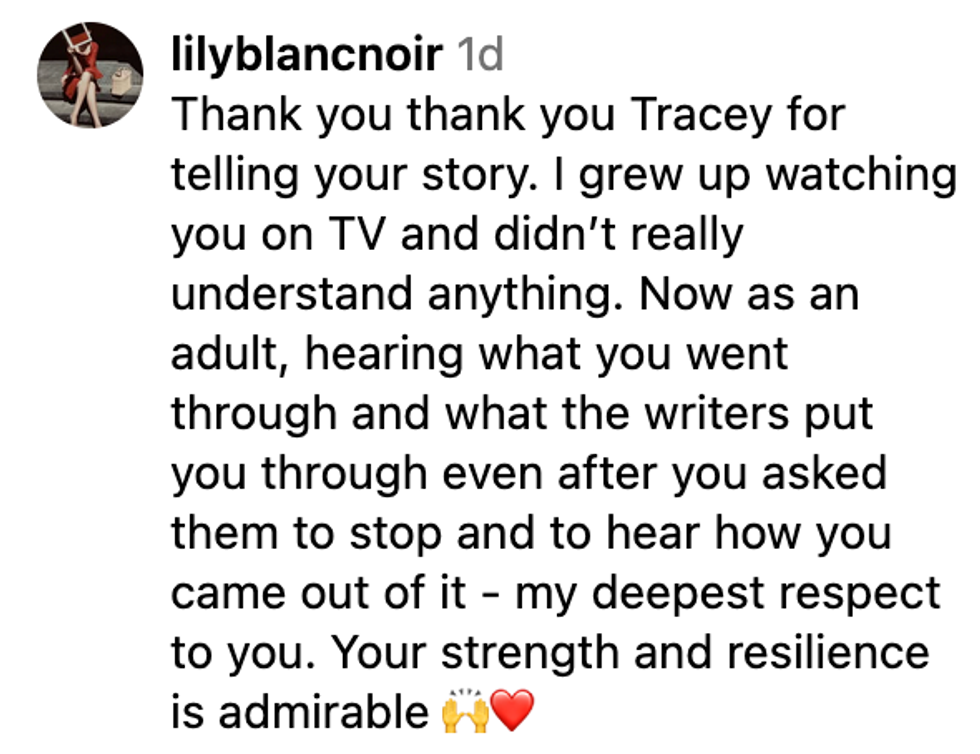

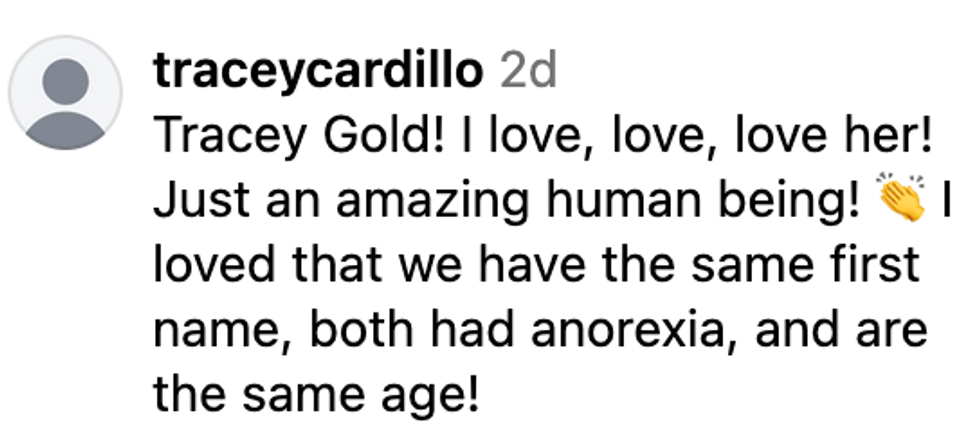
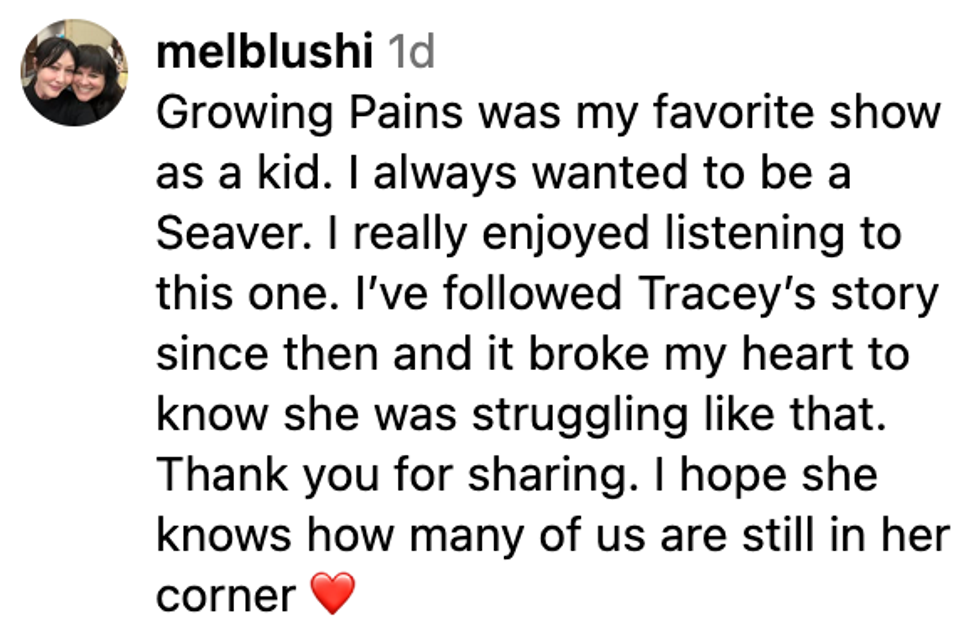

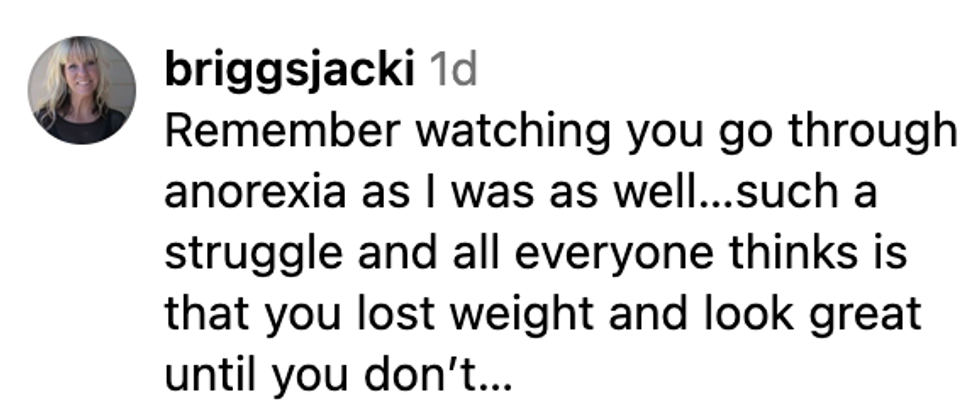
You can listen to the entire interview here.
In 1992, Gold was featured on the cover of PEOPLE and she shared her eating disorder journey publicly.
She remains "very proud" of opening up about her anorexia and spreading awareness by sharing her story with the magazine.
"After that, all of a sudden, my voice with the eating disorder became more powerful," said Gold. "I was told to keep your mouth shut and be a good girl on a set."
She added:
"But finding my voice with the anorexia was the really big thing."
Gold maintains a healthy weight and makes event appearances to warn young women about the dangers of eating disorders.
She continues to be a working actor.

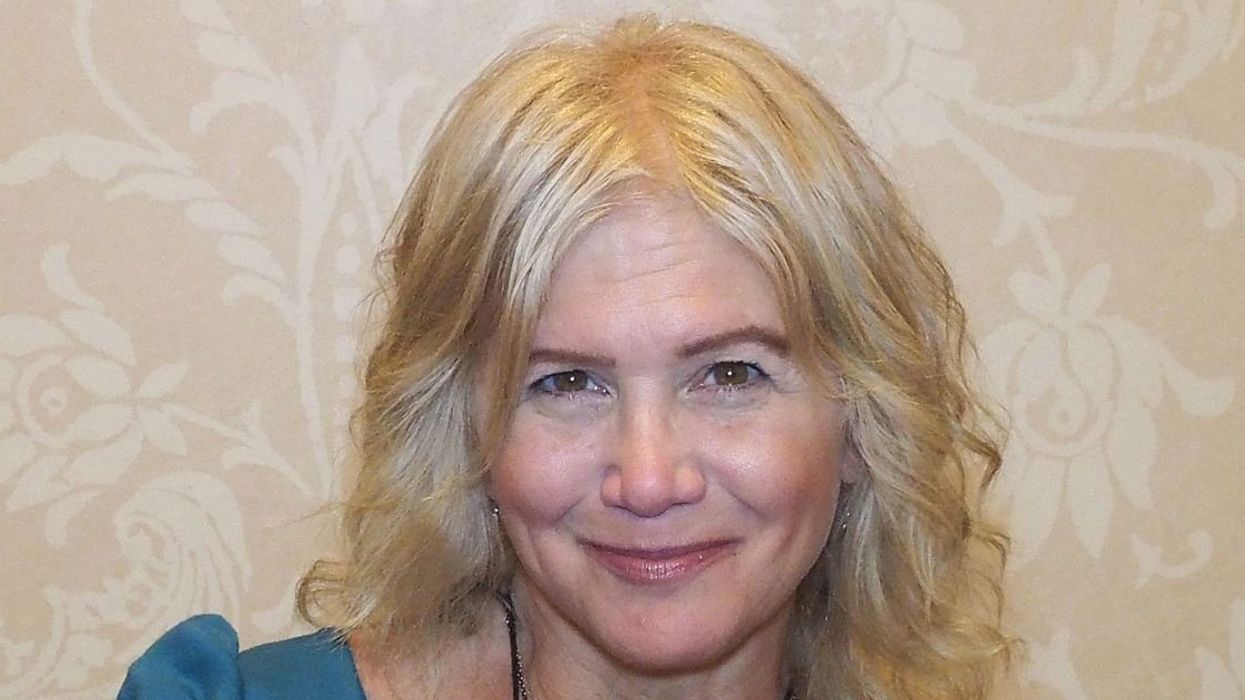



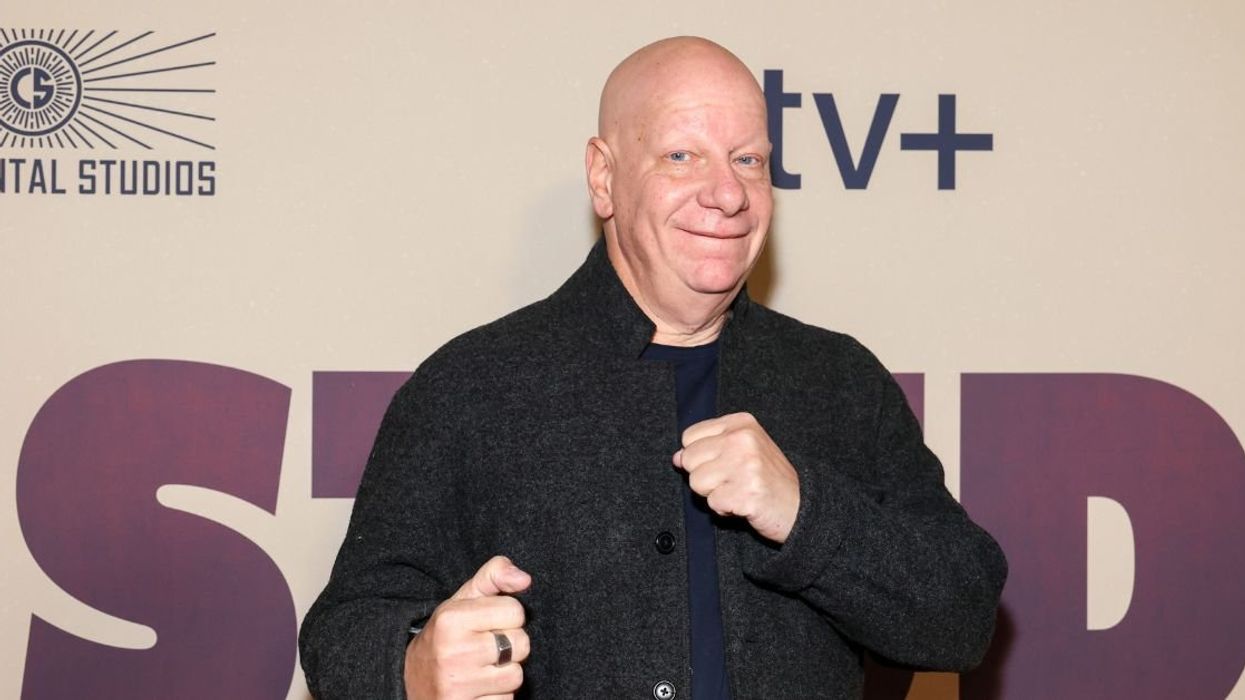








 @realDonaldTrump/Truth Social
@realDonaldTrump/Truth Social
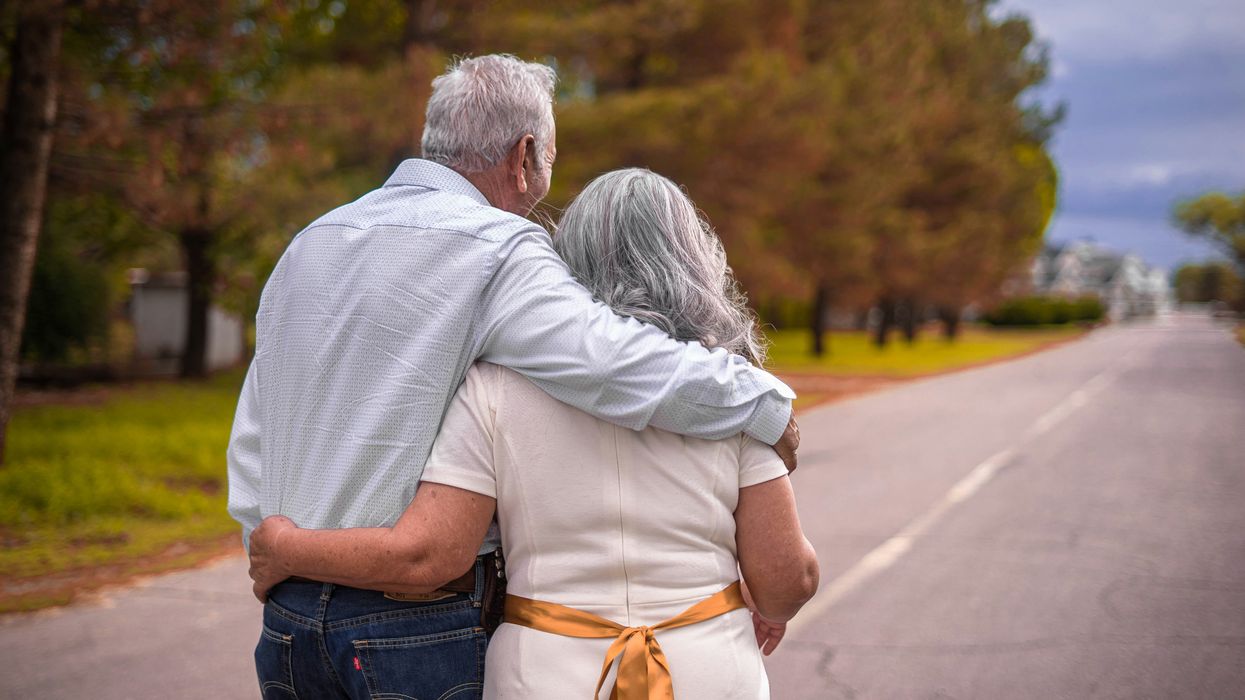

 CBS Mornings/YouTube
CBS Mornings/YouTube